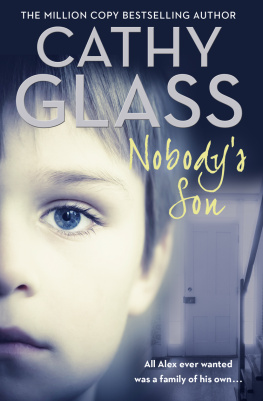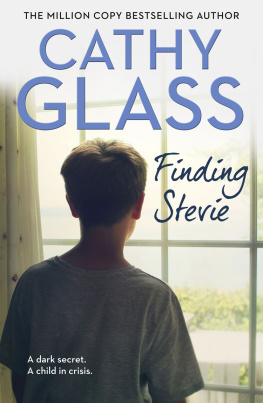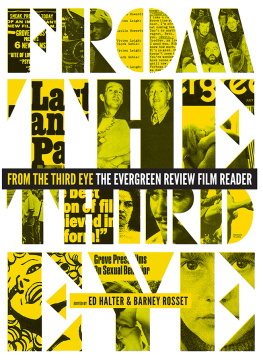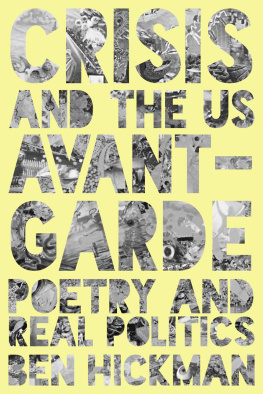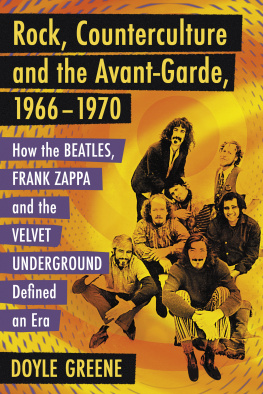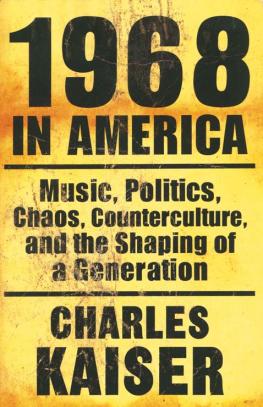Stanford University Press
Stanford, California
2013 by the Board of Trustees of the Leland Stanford Junior University. All rights reserved.
No part of this book may be reproduced or transmitted in any form or by any means, electronic or mechanical, including photocopying and recording, or in any information storage or retrieval system without the prior written permission of Stanford University Press.
Printed in the United States of America on acid-free, archival-quality paper
Library of Congress Cataloging-in-Publication Data
Glass, Loren, author.
Counterculture colophon : Grove Press, the Evergreen Review, and the incorporation of the avant-garde / Loren Glass.
pages cm. (Post 45)
Includes bibliographical references and index.
ISBN 978-0-8047-8416-0 (cloth : alk. paper)
ISBN 978-0-8047-8565-5 (e-book)
1. Grove PressHistory20th century. 2. Publishers and publishingUnited StatesHistory20th century. 3. Literature, ExperimentalUnited StatesHistory and criticism. 4. Avant-garde (Aesthetics)United StatesHistory20th century. 5. CountercultureUnited StatesHistory20th century. I. Title. II. Series: Post 45.
Z473.G74G57 2013
070.50973'0904dc23
2012040241
Typeset by Bruce Lundquist in 10/15 Minion
Counterculture Colophon
Grove Press, the Evergreen Review, and the Incorporation of the Avant-Garde
Loren Glass
Stanford University Press
Stanford, California
published with the assistance of Figure Foundation

Florence Dore and Michael Szalay, Editors
Post45 Group, Editorial Committee
For Barney Rosset (19222012)
And for my parents
Contents
Figures
Acknowledgments
First and foremost, I want to thank the students, faculty, staff, and administration of the University of Iowa. The generosity of the university administration began with a Deans Scholarship in 2007 that, among other things, allowed me to purchase a full run of the Evergreen Review from 1957 to 1964, and peaked with a Faculty Scholarship that, among other amenities, provided me with three semesters off to conduct archival research and interviews. I offer my gratitude to the committee members who graciously decided to provide me with this support. My colleagues in the English Department and the Center for the Book also provided me with numerous opportunities to present my ongoing research. In particular, Kevin Kopelson, Matt Brown, and Naomi Greyser merit acknowledgment for facilitating these presentations, and Melanie Reichwald and Sonia Johnson deserve thanks for inviting me to deliver the keynote address at the Craft Critique Culture Graduate Student Conference in 2010. Two of my senior colleagues, John Raeburn and Ruedi Kuenzli, read an early version of the entire manuscript; I want to thank them for their insight and advice at that crucial juncture. As this project inevitably ranged across topics in which I lacked expertise, I needed the help of a number of scholars in reading over specific chapters. In particular, I would like to thank Heidi Bean and Jennifer Buckley for reading drafts of . I also benefited from fruitful and frequent discussion with Kembrew McLeod, Harry Stecopoulos, Corey Creekmur, Charlie Williams, Sarah Fay McCarthy, Matthew Lavin, Michael Chasar, and Sonia Johnson.
I visited many archives in conducting the research for this book. My work began in the Grove Press Records housed at the Syracuse University Special Collections Research Center. I want to thank Sean Quimby, Nicolette Dobrowolski, Kathleen Manwaring, Nicole Dittrich, and Susan Kline for their patience and assistance. Susan was especially helpful in researching sales and print-run information at a time when I couldnt get to the archives in person. My work finished in the Barney Rosset Papers, acquired by Columbia Universitys Rare Book and Manuscript Library in 2010. Carrie Hintz very kindly allowed me to examine this collection before it had been fully processed. I also had the privilege to visit the archives at the Kinsey Institute for Research in Sex, Gender, and Reproduction, the Calder and Boyers Collection at Indiana Universitys Lilly Library, the Donald Allen Papers at University of California San Diegos Mandeville Special Collections Library, the Henry Foner Papers at New York Universitys Tamiment Library and Robert F. Wagner Labor Archives, and the Papers of William J. Brennan Jr. at the US Library of Congress. The librarians at all of these collections were invariably helpful and courteous, and I am grateful for the permission to use their archival materials. I also want to thank Astrid Rosset on behalf of the Estate of Barney Rosset for permission to quote from unpublished interviews and correspondence.
When I started this book, I had never conducted a formal interview, and I am forever indebted to the patience and enthusiasm of the many individuals who allowed me to learn on the job, as it were. Foremost among these is Barney Rosset, an experienced interviewee if there ever was one. Barney and his wife, Astrid, were gracious and cooperative during my two visits, and our discussions were invaluable not just for the information they provided about the history of Grove Press but also for the insights they enabled into the interpersonal dynamics of the remarkable community of people who worked there. These insights were widened and deepened by my conversations with Fred Jordan, Morrie Goldfischer, Nat Sobel, Jeanette Seaver, Herman Graf, Judith Schmidt, and Claudia Menza. I additionally want to thank Freds son, Ken Jordan, for his support and enthusiasm. I also had an informative interview with Morgan Entrekin, current owner of Grove Press, and would like to thank him for taking time off his busy schedule to meet with me.
When I was in the midst of this project, I was fortunate enough to be invited to join the Post45 Collective for their annual meeting in 2009 at the University of Missouri and then in 2010 at Brown University. Both meetings were invaluable in providing probing criticism of my project and an inspiring vision of the directions the study of postwar American literature and culture is taking. I want to thank the organizers of and participants in these meetings, including Andrew Hoberek, Deak Nabers, Abigail Cheever, J. D. Connor, Amy Hungerford, Oren Izenberg, Michael Clune, Catherine Jurca, Debbie Nelson, Fred Whiting, Tom Cerasulo, Daniel Grausam, Florence Dore, and Michael Szalay. Michael and Florence also deserve thanks for convincing me to submit the manuscript to their Post45 series with Stanford University. Their encouragement enabled me to bring the project to fruition.
At Stanford University Press, I would like to thank Emily-Jane Cohen and Emma Harper, whose patience and expertise were crucial in shepherding this project into its final stages. I also want to thank Stan Gontarski and Stanfords anonymous reader for their expert engagement with the manuscript and their useful suggestions for final revision.
And I would like to thank my family. In a sense, this book is about my parents, Ruth Minka and Marty Glass, who, like all participants in the Sixties counterculture, remember reading books published by Grove Press. My father read the entire manuscript as I was writing it, and his enthusiasm and support kept me excited about and invested in the project from its early stages. Finally, I want to acknowledge, with love and tenderness, my wife, Tara, and my two daughters, Nora and Becca.
Portions of this book have been published previously, and I am grateful for permission to reprint those materials here. Small sections from , appeared as a two-part series in the newly launched
Next page




